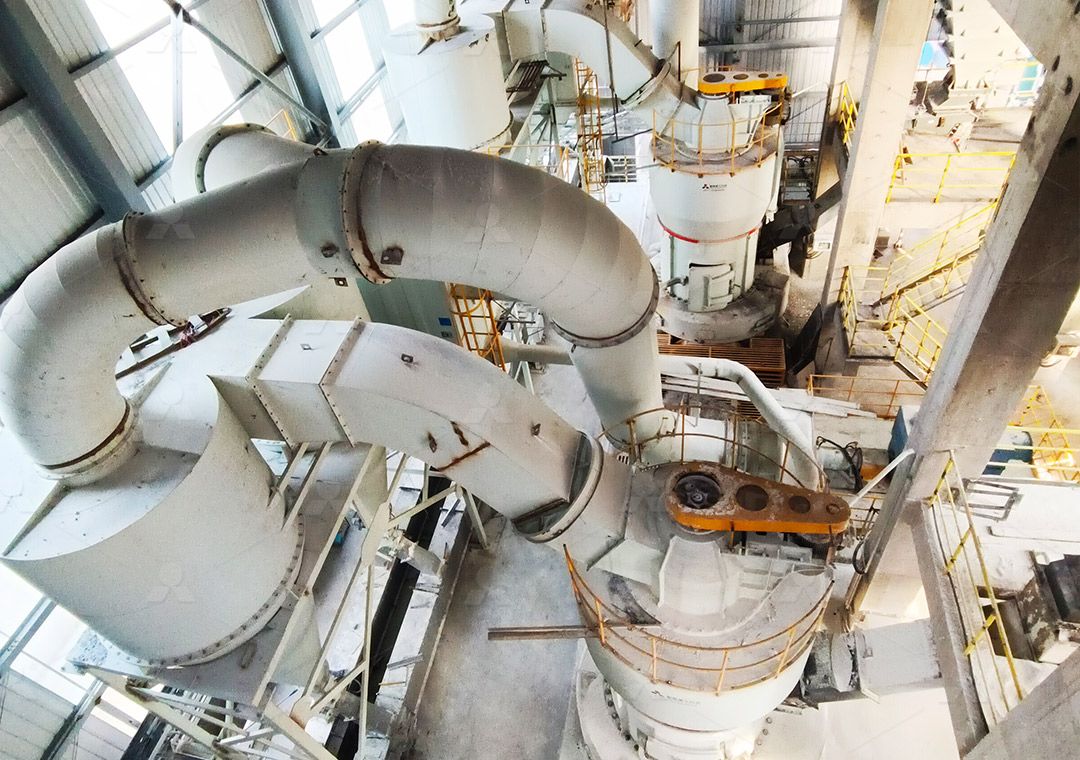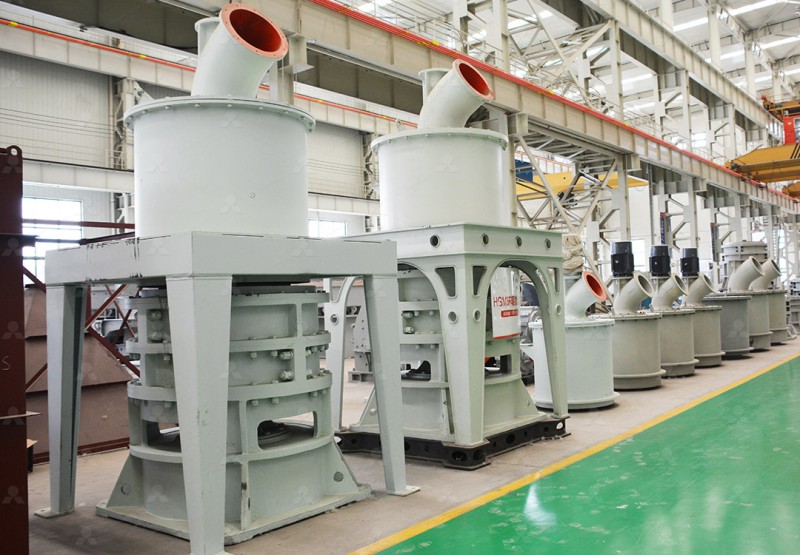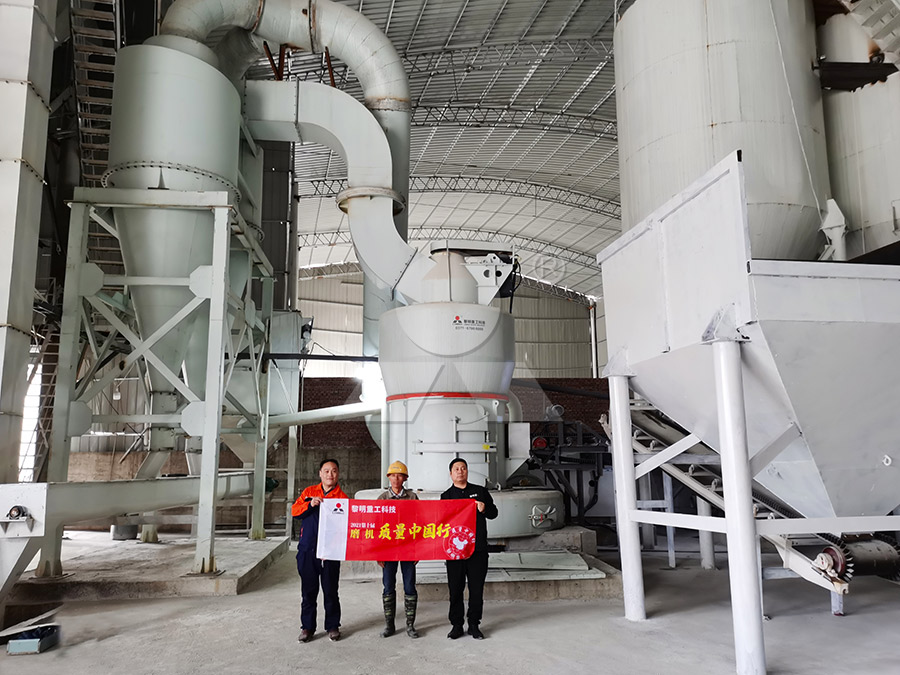Gypsum Powder Production Line for Power Plant Desulfurization
We provide a wide range of mills — including Raymond mill, trapezoidal mill, vertical mill, ultrafine mill, and ball mill, obtained ISO9001 international quality certification, EU CE certification, and Customs Union CU-TR certification. Suitable for processing minerals such as limestone, phosphate, quicklime, kaolin, talc, barite, bentonite, calcium carbonate, dolomite, coal, gypsum, clay, carbon black, slag, cement raw materials, cement clinker, and more.
The discharge range of these mills can be adjusted to meet specific processing needs, typically from 80-400 mesh, 600-3250 mesh, and can achieve the finest particle size of up to 6000 mesh(D50).
If you are looking for a reliable grinding solution to turn stone or minerals into fine powder, please feel free to contact our online customer service.
Gypsum Powder Production Line for Power Plant Desulfurization
Flue Gas Desulfurization (FGD) has become a critical process for power plants worldwide to meet stringent environmental regulations. Among various desulfurization methods, wet limestone-gypsum scrubbing remains the most widely adopted technology. This process generates substantial amounts of gypsum that requires efficient processing into high-quality powder for commercial applications. The heart of any successful gypsum processing operation lies in selecting the appropriate grinding equipment that can handle the specific characteristics of FGD gypsum while maintaining operational efficiency and environmental compliance.
FGD gypsum presents unique challenges for grinding operations. With moisture content typically ranging from 10% to 15% and specific crystal structure characteristics, conventional grinding mills often struggle to achieve the required fineness while maintaining energy efficiency. The ideal grinding solution must integrate drying and grinding capabilities while producing powder with consistent particle size distribution suitable for various industrial applications, including construction materials, cement production, and agricultural uses.

Technical Challenges in FGD Gypsum Processing
Processing FGD gypsum requires equipment capable of handling moderately abrasive materials with varying moisture content. The grinding system must integrate efficient drying capabilities while maintaining precise control over particle size distribution. Traditional ball mills often prove inadequate for this application due to high energy consumption, excessive wear part replacement frequency, and limited ability to control final product fineness precisely. Furthermore, environmental considerations demand dust-free operation and minimal noise pollution, particularly important for power plants operating in proximity to residential areas.
The moisture content in FGD gypsum necessitates integrated drying during the grinding process. Equipment that separates drying and grinding operations typically results in higher energy consumption and more complex material handling systems. Modern solutions integrate these functions within a single unit, reducing both capital and operational expenditures while improving overall system reliability.
Advanced Grinding Solutions for FGD Gypsum
For power plants seeking to optimize their gypsum processing operations, the MW Ultrafine Grinding Mill presents an ideal solution. Specifically designed for customers requiring ultra-fine powder production, this machine handles input sizes up to 20 mm with capacities ranging from 0.5 to 25 tph. The integrated efficient pulse dust collector and muffler system ensures minimal environmental impact during operation, addressing two significant concerns for power plant operators: dust emissions and noise pollution.
The MW Ultrafine Grinding Mill demonstrates particular advantages in FGD gypsum applications through its innovative design features. The newly engineered grinding curves of the grinding roller and ring significantly enhance grinding efficiency, achieving 40% higher production capacity compared to jet grinding mills and double the output of traditional ball mills at equivalent fineness and power consumption. The system energy consumption represents only 30% of comparable jet grinding mills, providing substantial operational cost savings for power plants.

Key Technical Advantages for Power Plant Applications
What sets the MW Ultrafine Grinding Mill apart in power plant desulfurization applications is its adjustable fineness range between 325-2500 meshes. The German-technology cage-type powder selector ensures precise powder separation, with multi-head configurations available to meet specific production requirements for yield, fineness, and sieving rate. The system achieves d97≤5μm screening rate in a single pass, eliminating the need for secondary processing stages.
The mill’s internal design eliminates rolling bearings and screws within the grinding chamber, addressing common failure points in conventional grinding equipment. This design philosophy prevents bearing damage and machine failures caused by loose screws, significantly improving operational reliability. The external lubrication system enables maintenance without shutdown, supporting continuous 24-hour operation critical for power plant ancillary processes.
Environmental Compliance and Operational Efficiency
Power plants operate under increasingly strict environmental regulations, making the MW Ultrafine Grinding Mill’s integrated pulse dust collector particularly valuable. The system ensures dust-free operation throughout the entire milling process, while the configured silencer and noise elimination room reduce operational noise to environmentally acceptable levels. The complete production system aligns with national environmental protection standards, providing peace of mind for facility operators.
Digital manufacturing processes ensure exceptional precision in critical components, with numerical control machining applied to steel plate cutting, bending, planing, milling, and paint spraying operations. This manufacturing approach guarantees consistent performance and extended service life, reducing maintenance requirements and associated downtime.

Comprehensive Support for Continuous Operation
Beyond the equipment itself, comprehensive support ensures worry-free operation. Complete spare parts availability and technical services guarantee minimal downtime, with original manufacturer parts maintaining optimal performance throughout the equipment lifecycle. This support structure proves particularly valuable for power plants where gypsum processing represents a critical ancillary process supporting primary power generation operations.
Frequently Asked Questions
What makes the MW Ultrafine Grinding Mill suitable for FGD gypsum processing?
The MW Ultrafine Grinding Mill specifically addresses the challenges of FGD gypsum processing through its integrated drying capability, adjustable fineness control, and environmental compliance features. The absence of internal bearings and screws in the grinding chamber prevents common failure points, while the external lubrication system enables continuous operation.
How does the energy consumption compare to traditional grinding systems?
The MW Ultrafine Grinding Mill reduces energy consumption by approximately 70% compared to jet grinding mills and provides 40% higher production capacity than conventional systems at equivalent fineness levels. The efficient design translates to significant operational cost savings.
What particle size distribution can be achieved with this equipment?
The mill produces powder with fineness adjustable between 325-2500 meshes, with screening rates achieving d97≤5μm in a single pass. The German-technology powder selector ensures precise control over particle size distribution.
How does the system address environmental concerns?
Integrated pulse dust collectors eliminate dust emissions, while mufflers and noise elimination rooms reduce operational noise. The entire system operates in compliance with national environmental protection standards.
What support is available for maintenance and spare parts?
Complete technical support and genuine spare parts ensure continuous operation. The external lubrication system allows maintenance without shutdown, and the manufacturer provides comprehensive service coverage.
